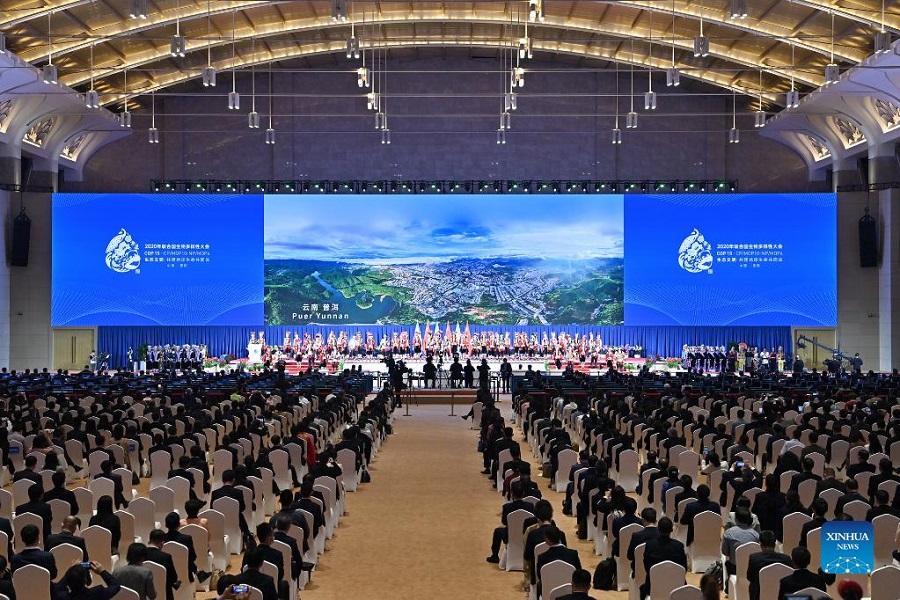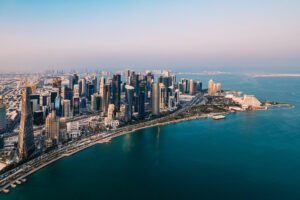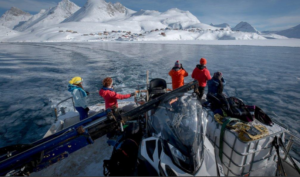COP15 leaders’ summit : Chinese President announces establishing Kunming Biodiversity Fund

Beijing ( Xinhua ) : Chinese President Xi Jinping announced China’s initiative to establish the Kunming Biodiversity Fund and take the lead by investing 1.5 billion yuan (about 233 million U.S. dollars) to the fund.
The fund will be used to support biodiversity protection in developing countries, Xi said while addressing the leaders’ summit of the 15th meeting of the Conference of the Parties to the Convention on Biological Diversity via video link in Beijing.
Noting that the COVID-19 pandemic has cast a shadow over global development and compounded challenges to the UN’s 2030 Agenda for Sustainable Development, Xi said developing countries in the face of the dual tasks of economic recovery and environmental protection “need help and support all the more.”
China calls on and welcomes all parties to make contributions to the fund, Xi said.
China has made remarkable progress in building an ecological civilization, including wildlife protection, said Xi, citing the recent adventure of the wandering elephants across southwest China’s Yunnan Province.
The country is moving faster to establish a protected areas system with national parks as the mainstay, Xi said, adding that areas with the greatest importance to the natural ecosystem, and with the most unique natural landscapes, the most valuable natural heritage and the greatest biodiversity reserve will be included in the system.
With a protected land area of 230,000 square kilometers, China’s first batch of national parks is home to nearly 30 percent of the key terrestrial wildlife species found in the country, Xi said.
The country has also started building a system of national botanical gardens in places like Beijing and Guangzhou, he said.
The Kunming conference will work for the conclusion of the Post-2020 Global Biodiversity Framework, and identify targets and pathways for global biodiversity protection in the future, Xi said.
United Nations Secretary-General Antonio Guterres, Russian President Vladimir Putin, Egyptian President Abdel-Fattah al-Sisi, Turkish President Recep Tayyip Erdogan, French President Emmanuel Macron, Costa Rican President Carlos Alvarado, Kyrgyz President Sadyr Zhaparov, Papua New Guinean Prime Minister James Marape and Britain’s Prince Charles also attended the summit via video.
A key UN conference kicked off Monday ( 11 October ) in southwest China’s Kunming to discuss a blueprint for biodiversity conservation over the next decade.
This comes at a time when the world is facing a rapid loss of biodiversity. In person or virtually, over 5,000 representatives from governments, international organizations, research institutes and enterprises are attending the event, known as COP15, or the 15th meeting of the Conference of the Parties to the Convention on Biological Diversity.
Themed “Ecological Civilization: Building a Shared Future for All Life on Earth,” it is the first global conference convened by the United Nations to highlight ecological civilization, a philosophy proposed by China.
COP15 will take place in two parts. The first part, scheduled for Oct. 11 to 15, is expected to adopt a declaration that experts said would build momentum on the cause of biodiversity conservation. Participants will also focus on the development of the post-2020 global biodiversity framework to guide conservation actions worldwide through 2030.
A forum on ecological civilization will also be held as a sideline event of the meeting from Oct. 14 to 15, which will cover a range of topics including coping with climate change and nature-based ecological protection and restoration.
The second part of the meeting, to be held offline in the first half of 2022, is expected to see the finalization and adoption of an ambitious and practical post-2020 global biodiversity framework.
Photo : Opening ceremony of the 15th meeting of the Conference of the Parties to the United Nations Convention on Biological Diversity (COP15) in Kunming, southwest China’s Yunnan Province. [Photo by Li Xin/Xinhua]














